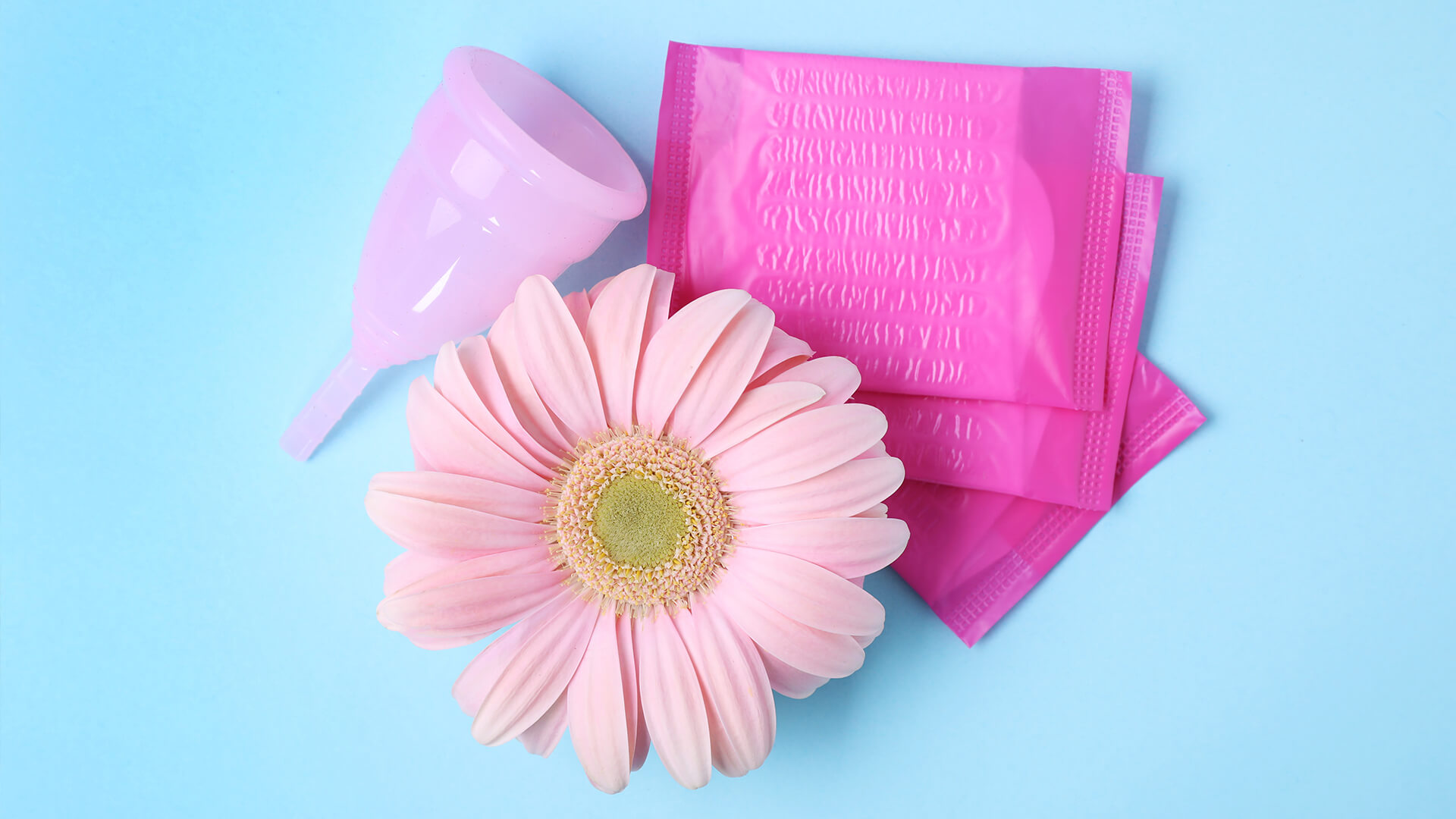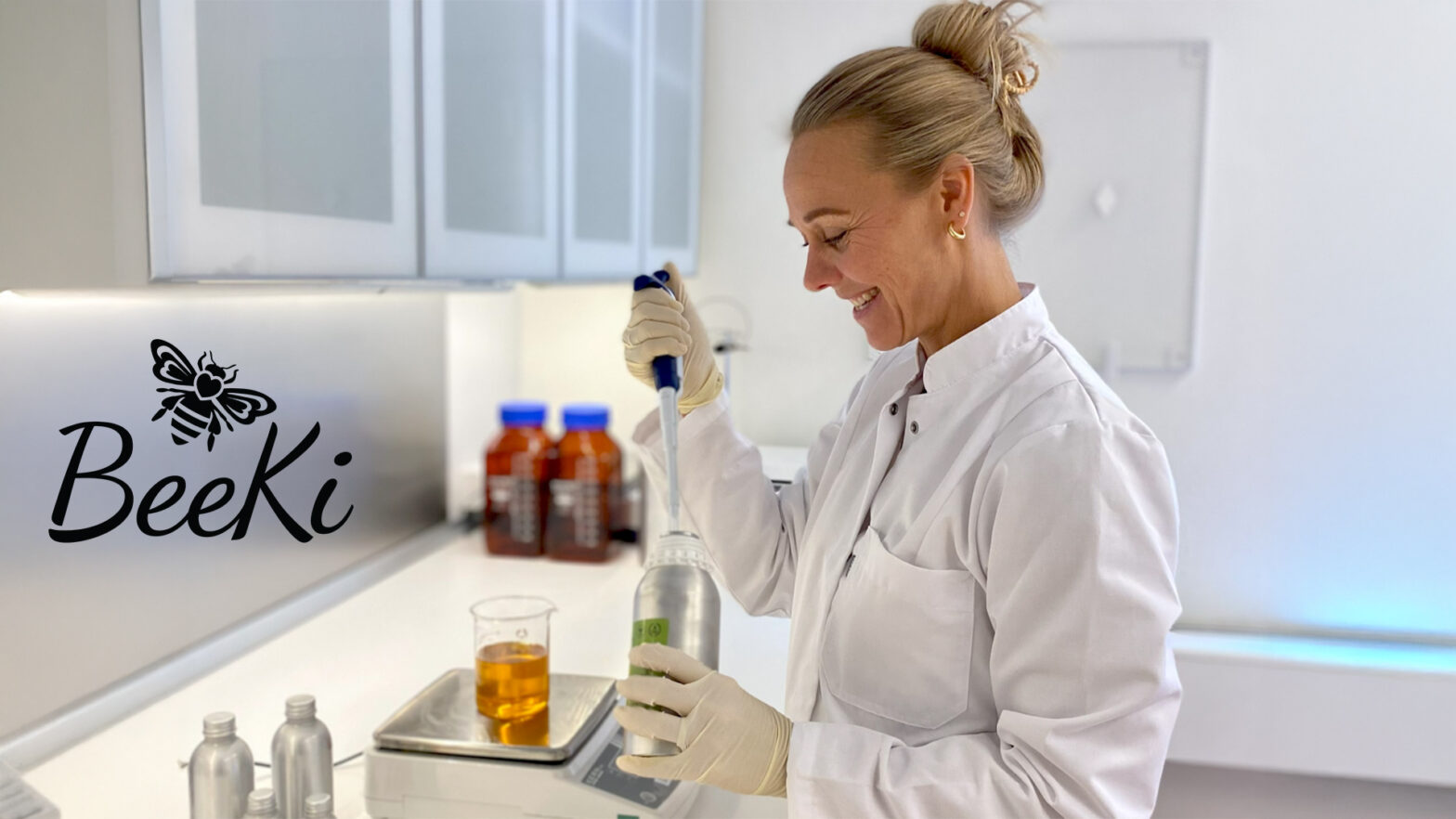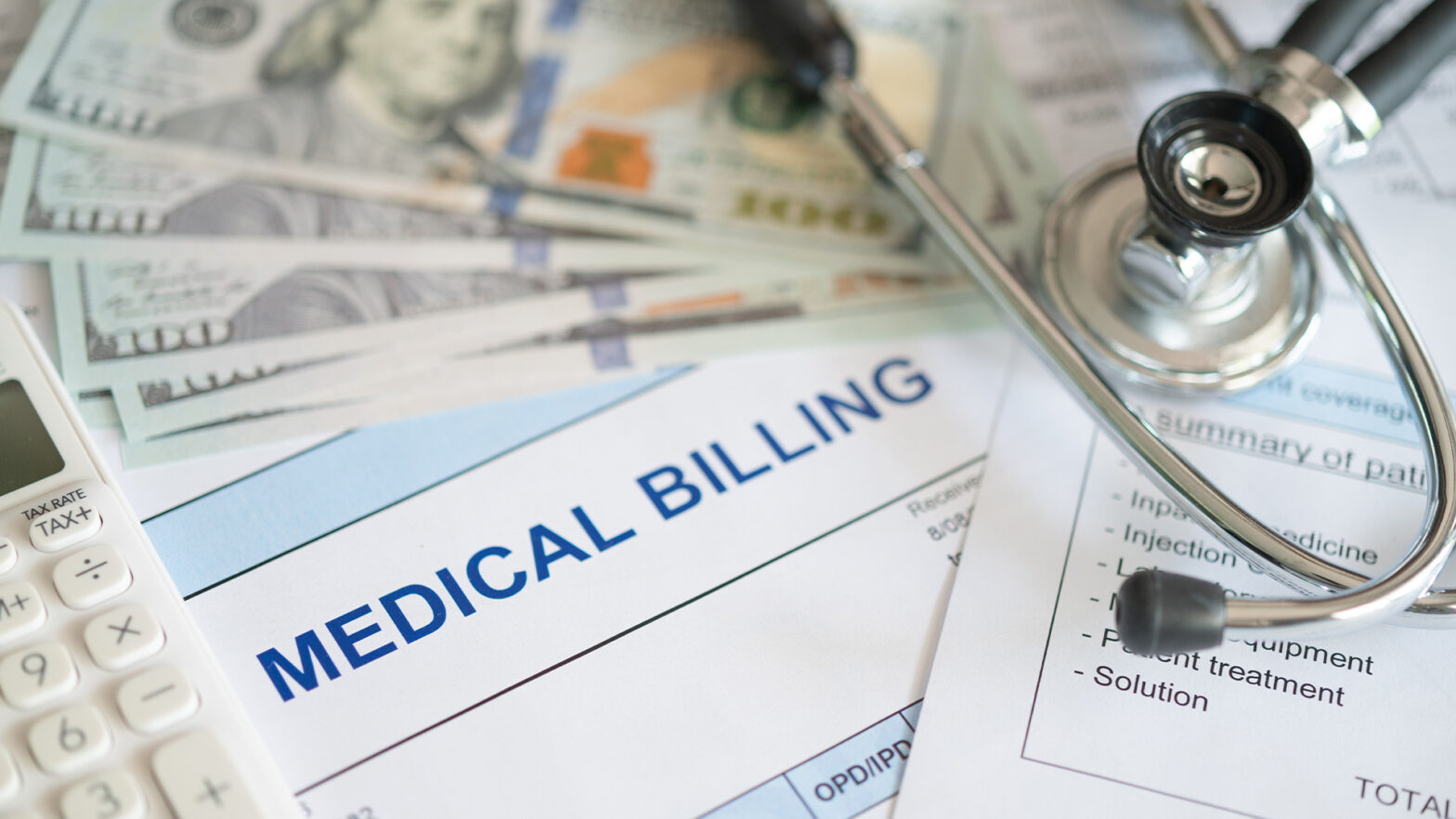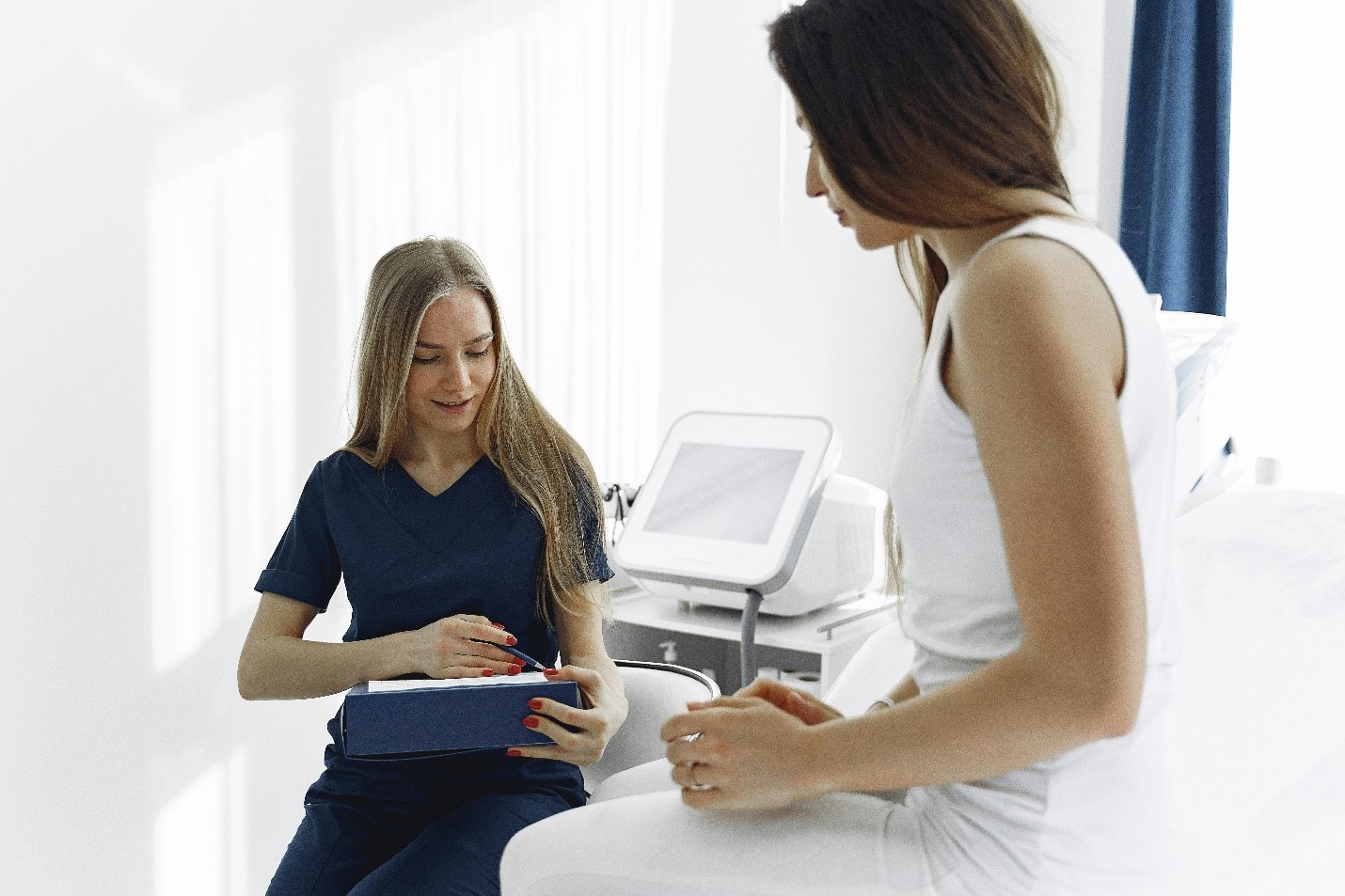By Stephanie Taylor, Managing Director, Kegel8
2019 was the year when women’s health and wellness finally took center stage.
What started as a hashtag on social media in late 2017, the #MeToo movement has encouraged women the world over to reclaim their bodies, creating a new climate for open conversation about female health, pleasure and wellbeing.
As part of this seismic shift, V-Care (the empowerment-meets-wellness trend) has emerged and is set to explode in 2020.
Women’s health expert and Managing Director of Kegel8, Stephanie Taylor, looks at why our private parts are no longer quite so private…
A new beauty category
Historically, the V-Care industry has occupied a niche where the mainstream beauty and healthcare industry has failed. However, this may not be the case for much longer as large retailers start to understand the potential of this lucrative market.
For example, Cult Beauty, Feel Unique and Boots all recently created dedicated sections for female health, pleasure and wellness products on their online stores, recognising this growing consumer-led trend.
In 2020, it will become common place to see Femtech products like vibrators, pelvic floor Kegel trainers and wearable devices sitting alongside shampoos, deodorants and fake tan on both physical and virtual beauty shelves.
“Better” periods
2019 saw the first, large scientific review of menstrual cups which found they’re as reliable and effective as tampons and pads. Hallelujah!
As a result, we expect to see more women in 2020 feel empowered to make the switch to body and environmentally friendly menstrual cups. A move which can be argued is well overdue considering tampons have been used since Ancient Egypt.
As confidence grows in these new sanitary products, more women will benefit from spending less on their period, minimise the health risks associated with tampons such as vaginal dryness and TSS, and each save the environment from approximately 16,000 tampons, panty-liners and sanitary pads which can take up to 800 years to fully decompose.
Make or break for period-tracking apps
With the help of fem tech, women the world over are deepening their self-knowledge when it comes to their menstrual cycles and fertility windows.
However, 2019 saw headlines turn sour when an Australian study found that more than 57 percent of fertility apps incorrectly predicted ovulation dates and almost 83 percent estimated due dates. Only a week earlier, Privacy International announced period-tracking apps have been sharing personal intimate data with Facebook, such as when users last menstruated and had sex.
In 2020, we expect to see Femtech regulation mature, demanding apps must have a stronger scientific evidence-base and be informed by medical professionals. Marketing rules are also likely to become stricter to ensure women are made more aware of the risks and limitations before signing up.
As the technology behind tracking apps develops further with the help of artificial intelligence and wearable devices, more accurate predictions can be expected, helping to rebuild consumer confidence in these products.
Menopause goes mainstream
For too long menopause has been a taboo subject, hardly spoken about and largely misunderstood. However, there are positive signs that the tide is turning and menopause is finally getting the attention it, and millions of women, deserve.
2019 saw the Labour party pledge a menopause workplace policy, school pupils were taught about it for the first time and a host of high-profile female celebrities – including Gwyneth Paltrow, Liz Earle and Davina McCall – spoke out publicly about their experiences.
As this previously invisible demographic of women grow louder and prouder in 2020, more digital platforms will pop up where like-minded women can share, connect and shop; workplaces will follow the lead of large companies like Channel 4 and adapt to become more menopause-friendly in order to boost productivity and retain talent, and new treatment options (both medical and alternative) will emerge.


















